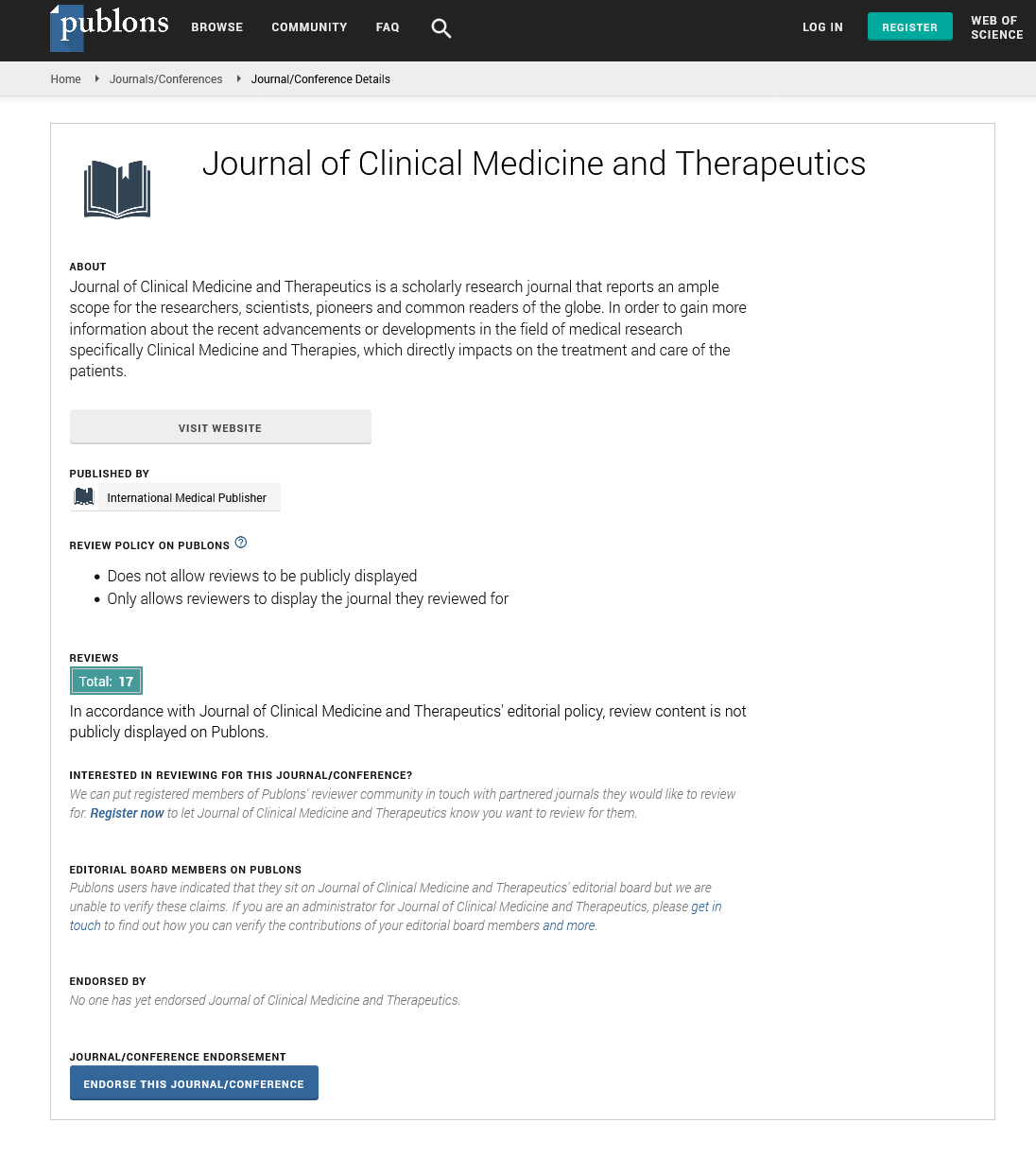Abstract
Relation of Serum Uric Acid Concentrations with Etiology And Severity In Patients With Cirrhosis Of Liver
Abstract
Hyperuricemia is now an established factor to cause oxidative stress, insulin resistance and systemic inflammation. So it is likely that hyperuricemia might be involved in hepatic necroinflammation and destruction which are the common underlying pathophysiology of cirrhosis. On the other hand, as uric acid is the end product of cellular degradation, increased hepatocyte destruction due to any etiology increases the level of serum uric acid which might further aggravate hepatic necroinflammation, cirrhosis & complications.Objectives: To assess serum uric acid concentrations in patients of cirrhosis of liver and its relation with cirrhosis of different etiology, disease severity and liver enzymes. This cross sectional observational study was carried out in the Department of Gastroenterology, BSMMU, Bangladesh. A total of 220 diagnosed cases of cirrhosis of liver due to any cause were enrolled as the study population. Serum uric acid level was measured in each patient and its relationship with different etiology of cirrhosis, severity of cirrhosis and liver enzymes were assessed.The mean age was found to be 47.8 ± 14.6 years and male: female ratio was 1.9:1. Majority patients (52.3%) belonged to CTP Class C. The mean (±SD) value of serum uric acid was 6.19 (±3.25mg/dl) and hyperuricemia (>7 mg/dl) was detected in 27.73% patients. Among all etiologies of CLD, the higher mean (±SD) level of serum uric acid was found in NAFLD (19.54 ±2.20 mg/dl). There was positive correlation of serum uric acid with liver enzymes.Mean serum uric acid level increased gradually as the cirrhotic patients progressed to higher CTP classes & there was positive correlation of serum uric acid with liver enzymes.
Biography:
Dr. Rashedul Hasan has graduated from sir salimullah medical college and Mitford hospital in the year 2004. Then he completed his MD degree in gastroenterology from BSMMU .
Dr. Rashedul Hasan, Assistant Professor, SRNGIH
Email ID: rash.ssmc101@gmail.com
Contact number: +8801772686565
Author(s): Rashedul Hasan
Abstract | PDF
Share This Article
Google Scholar citation report
Citations : 95
Journal of Clinical Medicine and Therapeutics received 95 citations as per Google Scholar report
Journal of Clinical Medicine and Therapeutics peer review process verified at publons
Abstracted/Indexed in
- Publons
- Secret Search Engine Labs
Open Access Journals
- Aquaculture & Veterinary Science
- Chemistry & Chemical Sciences
- Clinical Sciences
- Engineering
- General Science
- Genetics & Molecular Biology
- Health Care & Nursing
- Immunology & Microbiology
- Materials Science
- Mathematics & Physics
- Medical Sciences
- Neurology & Psychiatry
- Oncology & Cancer Science
- Pharmaceutical Sciences

